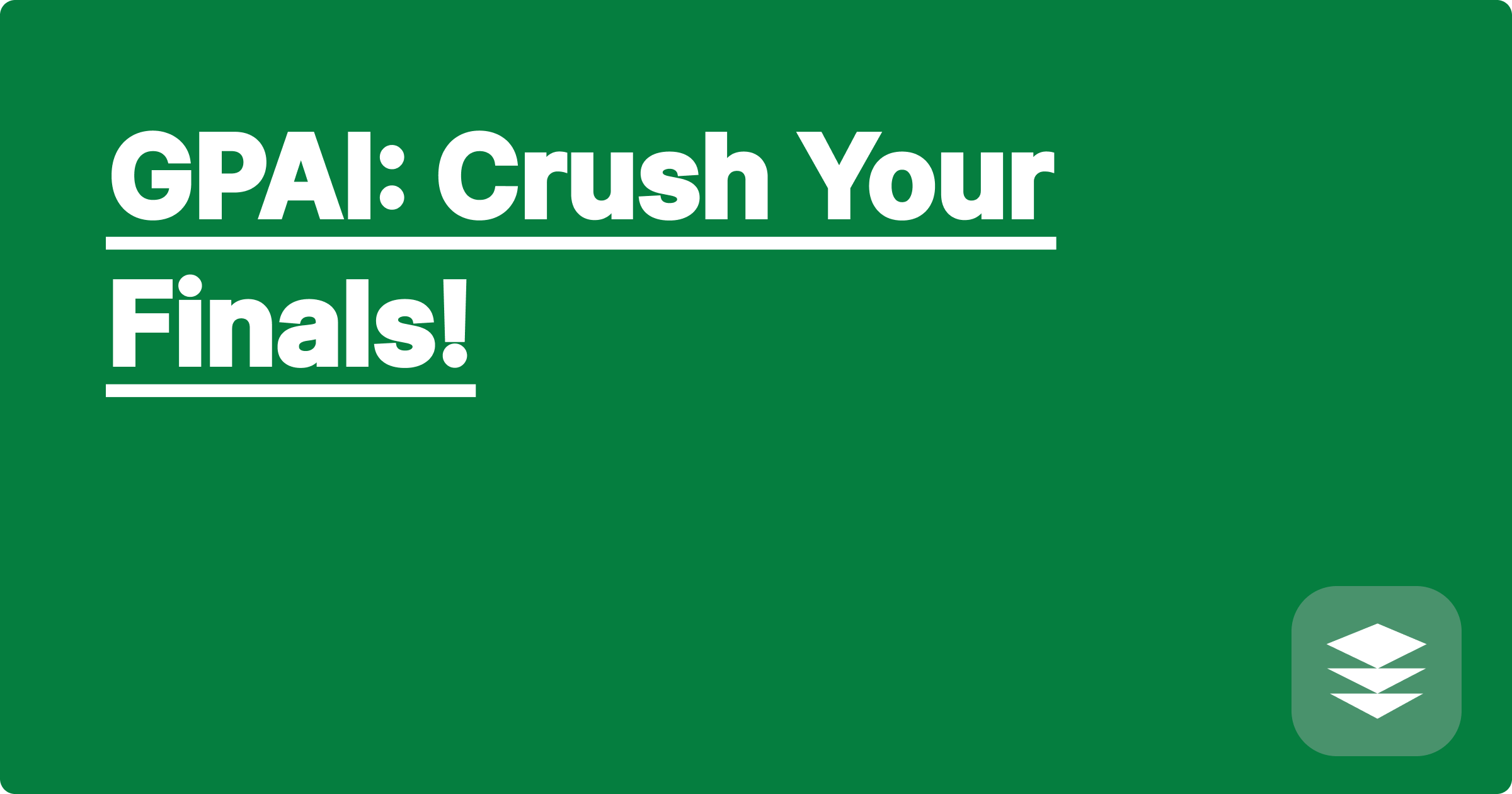
The demanding world of STEM education often culminates in intense final exam periods, a crucible where years of accumulated knowledge are tested under pressure. This challenge can feel overwhelming, leaving even the most dedicated students struggling to manage the vast amount of information they need to synthesize and apply. Fortunately, the rise of Generative Pre-trained Transformer (GPT) models and other AI tools offers a powerful new approach to navigating these academic hurdles. These advanced AI systems can serve as invaluable study partners, providing personalized support, in-depth explanations, and efficient practice opportunities to help students not just survive finals, but truly thrive.
For STEM students and researchers, the implications of these AI-powered tools are profound. They offer a personalized learning experience, adapting to individual strengths and weaknesses. This personalized approach can significantly boost comprehension and retention, especially in complex subjects like calculus, physics, or organic chemistry. Furthermore, AI can facilitate deeper exploration of concepts by providing alternative explanations, generating practice problems, and even simulating real-world applications. This active learning approach fosters a more robust understanding of the material, leading to improved problem-solving skills and ultimately, better performance on exams.
STEM finals often present a unique set of challenges. Students are expected not only to memorize facts and formulas but also to apply this knowledge to solve complex problems, often requiring creative thinking and interdisciplinary understanding. The sheer volume of material covered in a typical STEM course can be daunting, making it difficult to prioritize and efficiently review key concepts. Moreover, traditional study methods, like passively rereading notes or textbooks, often prove ineffective for solidifying understanding and developing problem-solving skills. This gap between the demands of STEM exams and the limitations of traditional study methods creates a significant hurdle for many students. The pressure to perform well, combined with the fear of falling behind, can lead to stress and anxiety, further hindering academic performance.
Generative AI tools like ChatGPT, Claude, and Wolfram Alpha offer a transformative approach to STEM exam preparation. These tools can be leveraged to create personalized study guides, generate practice problems, and even explain complex concepts in a more accessible way. ChatGPT and Claude, for example, can be used to break down intricate topics into smaller, more manageable chunks, providing step-by-step explanations and answering specific questions. Wolfram Alpha excels at computational tasks, allowing students to verify their calculations, explore different problem-solving approaches, and visualize complex mathematical concepts. By integrating these AI tools into their study routine, students can move beyond passive learning and engage with the material in a more active and meaningful way.
Begin by identifying your weakest areas within the course material. Review your notes, homework assignments, and practice exams to pinpoint the concepts you find most challenging. Then, leverage an AI tool like ChatGPT or Claude to provide a more detailed explanation of these specific topics. You can ask the AI to explain the concept in different ways, provide real-world examples, or connect it to other related concepts. Next, use the AI to generate practice problems tailored to these specific areas. For example, you can ask ChatGPT to create five practice problems related to the application of the chain rule in calculus. After attempting these problems, use Wolfram Alpha to verify your solutions and explore alternative approaches. Finally, consolidate your understanding by asking the AI to summarize the key takeaways and create a concise study guide for future review.
Consider a student struggling with the concept of eigenvalues and eigenvectors in linear algebra. They can ask ChatGPT to explain the concept in simpler terms, providing analogies or real-world applications. ChatGPT might explain how eigenvalues represent the scaling factor of a transformation and eigenvectors represent the directions that remain unchanged after the transformation. The student can then ask ChatGPT to generate practice problems involving calculating eigenvalues and eigenvectors for different matrices. They can use Wolfram Alpha to verify their solutions and visualize the transformations represented by the matrices. Another example would be a student preparing for a thermodynamics exam. They could use ChatGPT to explain the concept of entropy and its relationship to the second law of thermodynamics. They could then use Wolfram Alpha to calculate entropy changes for different thermodynamic processes and visualize these processes on a pressure-volume diagram.
To effectively integrate AI into your study routine, start by experimenting with different AI tools to find the ones that best suit your learning style. Don't rely solely on AI; use it as a supplement to your existing study methods, such as attending lectures and working through textbook examples. Be specific and clear in your prompts to the AI. Instead of asking general questions, focus on specific concepts or problems you are struggling with. Actively engage with the AI's responses. Don't just passively read the information; try to explain it back in your own words and connect it to other concepts you've learned. Finally, remember that AI is a tool, not a replacement for hard work and dedication. Use it wisely and strategically to enhance your learning, but don't expect it to do the learning for you.
To prepare effectively for your STEM finals, embrace the power of AI as a valuable study partner. Start by identifying your weaknesses and utilizing AI tools to address them specifically. Practice actively with generated problems and verify your solutions. Remember that AI is a supplement to, not a replacement for, your existing study habits. By combining traditional study techniques with the innovative capabilities of AI, you can approach your finals with confidence and achieve your academic goals.
GPAI: Programming Homework Help